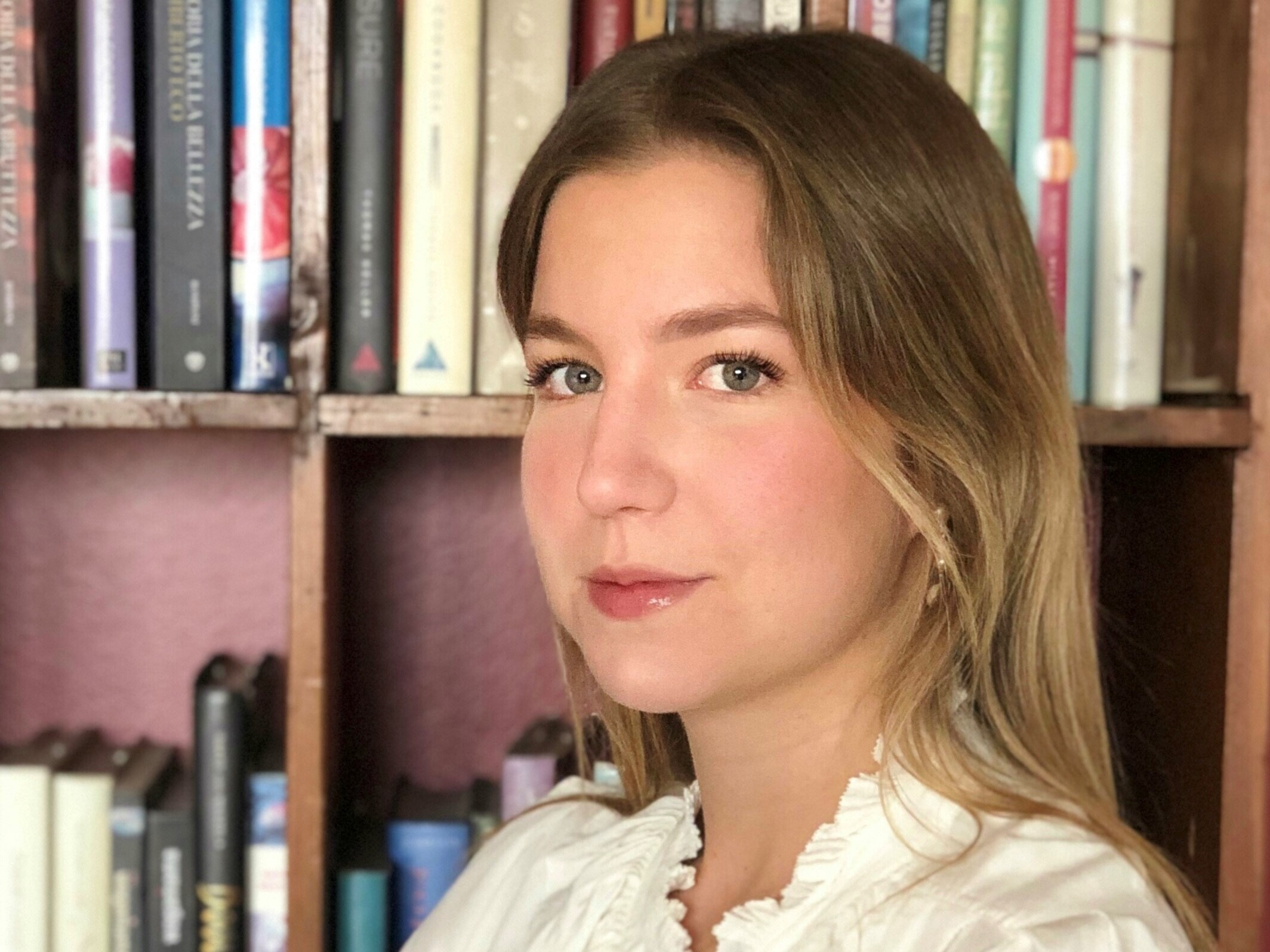 Tell us about your journey since graduating from LSE
Tell us about your journey since graduating from LSE
After graduating from LSE, I went on to do a two-year Master in Public Policy, with a focus on management and public affairs, at Sciences Po Paris. I spent the last semester at New York University (NYU), as a visiting student in the Politics department.
Soon after graduation from Sciences Po, I began working at Deloitte as the Chief of Staff to the Global Cyber Leader for Governments and Public Services, as well as a client-facing cybersecurity consultant.
Three years on, I am now a Manager in the firm, delivering transformation projects for national governments and international organisations in the EMEA region, including, for example, the strategic and operational design of a national cybersecurity authority, the development of national cyber strategies, and the development of critical national infrastructure programs. I also support Deloitte’s EU Policy Centre in developing and disseminating our insights and research on public policy issues and legislation, specifically on all digital dossiers (AI Act, Digital Services Act and Digital Markets Act, Digital Operational Resilience Act, Network Information Systems Directive 2, etc.)
What's the main skill you gained from studying at LSE's Department of Government?
Working with government clients, I use the theoretical knowledge of political dynamics and international relations daily. Yet I believe the main skill I gained from studying at LSE has been problem solving. Since graduating, I’ve been faced with complex problems several times, both in my subsequent studies and in my job. My time at LSE gave me the necessary tools to define problems, prioritise issues, analyse and synthesise findings, and finally structure and communicate messages and solutions tailored to different stakeholders. Thanks to these skills, I can consistently seek out new challenges and step outside my comfort zone, as I developed a keen sense of adaptability—an invaluable asset in an ever-evolving industry. This approach has stayed with me, to the point I am now a training facilitator for a course provided by Deloitte’s Global Cyber Strategy & Transformation function on the topic, and I had the chance to travel to the Middle East and Australia to deliver it
What is your greatest achievement to date?
The rapid growth and success I have been able to achieve in what is still a predominantly male profession. Despite my initial limited familiarity with the cybersecurity industry, I’ve navigated a complex landscape and achieved a managerial position in record time - I'm currently one of the youngest Managers in our Cyber Team. Recognising the importance of broadening my skill set and knowledge base, I have embraced opportunities to lead projects, mentor colleagues, and tackle complex cybersecurity challenges. I find this rewarding, also considering my area of specialism: government and the public sector. It wasn’t long ago that I was a student at LSE, aspiring to become part of the global decision-making process, and now I'm advising governments on policies to ensure that cybersecurity is looked at with the strategic relevance that it has at national and international level.
What is your fondest memory from LSE?
The time spent at the LSE library writing my dissertation and studying for exams in my final year. I would arrive very early in the morning and leave late at night. I would study with old friends, and even met new ones. Among us, we would compare notes, exchange ideas, challenge but also support each other. After weeks of the same routine, while it was tough, there was a feeling of camaraderie that I am still very fond of.
What was your favourite course whilst studying at LSE?
Professor Thielemann’s Government, Politics and Public Policy in the European Union course and Professor Ludlow’s Cold War and European Integration history course, both of which I took in my second year. In Professor Ludlow’s course we would learn about how the European Monetary Union came about, and in Professor Thielemann’s the politics and inner workings of it. Together, the made me appreciate the importance of studying history to fully understand the dynamics and intricacies of today, and they confirmed in me a Europeanism which still holds strong.